The social activity leveraging this year’s Super Bowl felt about as flat as the game itself.
In terms of brand work, probably the smartest piece of social was a single tweet by Mercedes-Benz which was mystifyingly deleted shortly after it was posted.
Fans and consumers didn’t offer that much more than the brands either. Indeed, according to Tubular Insights, 65% of all of January’s Facebook Super Bowl views came from media publishers and not from consumers or fans.
While as far as the Big Game ads themselves were concerned, it was Verizon’s ‘The Team That Wouldn’t Be Here’ (see case study) that was the most popular in terms of attention and conversion analytics metrics across Facebook, YouTube, Twitter and search engines, (iSpot.tv.)
It was also the most-watched Super Bowl ad on YouTube by 10pm (ET) on Super Bowl Sunday.
While Twitter’s own #BrandBowl showed that Planters’ Mr Peanut had the highest percentage of all brand-related tweets during the game,
while the Bud Light/Game of Thrones ad garnered the most tweets-per-minute.
Mercedes-Benz Was Bored
As the official naming rights partner of the Big game host stadium in Atlanta, Mercedes-Benz USA posted real-time and low latency content and commentary to promote its A-Class vehicle and one of its simple tweets was arguably that stand out social marketing moment of the Super Bowl.
The sassy, but authentic tweet reacted to the mediocre, low-scoring nature of the on-field action.
“If this game weren’t in my stadium, I would have driven away by now. . #AClassRealTalk #SB53”
The automaker deleted the post within minutes – presumably fearing it had made a PR blunder that wouldn’t sit well with the NFL – but not before it had already generated some social traction garnering 738 likes, 216 re-posts, and 34 comments.
The tweet and its subsequent deletion in turned sparked further social and media comment – although not from Mercedes-Benz itself.
Mercedes-Benz paid a reported $324m for a 27-year deal for the stadium naming rights.
Sometimes social media war rooms are run by junior staff who can be over eager or lack judgement. Management may have felt this tweet had gone too far once it had gone up the chain of command. However, we would argue that in this case it was the staffer who got it right and the management who made the wrong call.
Nike Salutes The Gronk
Most of the rest of the social sports marketing was the usual fare: brand sponsors of he participants (players, teams and the league) offering commentary and congratulations – much like Nike’s tweet socially tipping its hat to Rob Gronkowski.
One crazy dream turns into another.
And another.
And another.
And another.
And another.#justdoit pic.twitter.com/hJrofBCPav— Nike (@Nike) February 4, 2019
Bud Light vs Miller Lite
The Big Game’s biggest marketing spender, Anheuser Busch InBev, used its activation to start a beer war against rivals Miller Lite and Coors Light over the subject of corn syrup.
One of Budweiser’s commercials was a not so subtle criticism of rival Miller’s sue of corn syrup,
and Miller Lite immediately responded via Twitter to thank Bud Light for giving it some publicity during the Super Bowl (Anheuser-Busch holds the exclusive beer rights to the game).
Hey Bud Light, thanks for including us in our first Super Bowl ad in over 20 years. You forgot two things though… we have more taste and half the carbs! #itsmillertime
— Miller Lite (@MillerLite) February 4, 2019
Parent company MillerCoors defended itself against the corn syrup attack saying its products do not contain high fructose corn syrup and claiming that some Anheuser-Busch InBev brands do.
At MillerCoors, we're proud of our high-quality, great-tasting beers. We're also proud that none of our products include any high fructose corn syrup, while a number of Anheuser-Busch products do. And Miller Lite has fewer calories, fewer carbs and more taste than Bud Light. pic.twitter.com/GeUUXqnSpc
— MillerCoors (@MillerCoors) February 4, 2019
Even the National Corn Growers Association expressed their displeasure at Bud Light’s messaging.
.@BudLight America’s corn farmers are disappointed in you. Our office is right down the road! We would love to discuss with you the many benefits of corn! Thanks @MillerLight and @CoorsLite for supporting our industry. https://t.co/6fIWtRdeeM
— National Corn (NCGA) (@NationalCorn) February 4, 2019
Pepsi vs Coke
Another classic rival product Big Game social brand battle was between Pepsi and Coca-Cola: which was something of an inevitability considering that Pepsi is the NFL’s biggest sponsor and yet the game was playing on Coca-Cola’s home turf in Atlanta.
Leveraging the special Super Bowl commercial zooming agreements, Pepsi tried to take over as much of the host city as it could by splashing its marketing – from OOH posters and trash can ads, to experiences, subway station wraps and, of course, stadium branding – on every available space.
So this meant that within the special sponsor commercial zone in downtown Atlanta just yards from the stadium was the ‘World of Coca-Cola’ attraction (which boasts a brightly lit, 27-foot-tall Coke bottle), while next door Pepsi erected a giant billboard with a teasing message “Pepsi in Atlanta. How refreshing.”
But brand battle lines were drawn when Pepsi launched a surprise marketing stunt by erecting a temporary statue of its own founder right next to a permanent life-size bronze sculpture statue of Coca-Cola founder John Pemberton outside the World of Coca-Cola and followed this up with a fast, stealthy photo shoot that it turned into a kind of official sponsor social ambush.
Pepsi somewhat disingenuously called the stunt a ‘truce’ and tweeted ‘Hey @CocaCola thanks for being such gracious hosts for #SBLIII this week. We agree #TogetherIsBeautiful so we’d like to get our founders together for a celebratory cheers to declare a temporary #ColaTruce for the day. See you at @WorldofCocaCola soon!’
Hey @CocaCola thanks for being such gracious hosts for #SBLIII this week. We agree #TogetherIsBeautiful so we’d like to get our founders together for a celebratory cheers to declare a temporary #ColaTruce for the day. See you at @WorldofCocaCola soon! pic.twitter.com/LX3oyqCB5A
— Pepsi™ (@pepsi) January 30, 2019
Coke, hadn’t been given any advance notice of the stunt, but seemingly played along with its archrival socially.
“We are going to welcome them with a Coke and a smile,” Coca-Cola spokeswoman Kate Hartman said.
The statue was quickly removed, so Pepsi responded with a follow up tweet – complete with a #TogetherIsBeautiful reference to Coke’s latest commercial
Hey @CocaCola we swung by but it looks like you weren’t into having us over today…that doesn’t feel very #TogetherIsBeautiful. Too bad since it seems like our founders thought it was a good idea when we came by to see you this morning. pic.twitter.com/engF70okKh
— Pepsi™ (@pepsi) January 30, 2019
Burger King #EatLikeAndy
In true Burger King marketing style, the fast food giant’s eclectic Big Game spot aimed to stand out and drive social buzz.
The #EatLikeAndy campaign, developed by agencies David (Miami) and MullenLowe, was based on what was the Super Bowl’s most esoteric spot.
The hero ad, its teasers and an influencer/customer tie-up with delivery partner DoorDash called ‘Mystery Box’ were all clearly designed to spark conversation and generate consumer social discussion
These 6,000 Mystery Boxes contained white wigs, ketchup bottles, and a note from the brand instructing receivers to hold on to their items until the Big Game – a campaign strand specifically aimed at enabling consumers to participate in the campaign socially and grab their own 15-seconds of social fame.
Indeed, there were more than 2000 mentions of Burger King’s Mystery Box before the Super Bowl even kicked off
The Burger King Mystery Box has arrived. I have to wait till #SuperBowl to see what all of this means. #phish #burgerking #excited @CoolPoodle pic.twitter.com/LacFFWu7Ff
— mikesong (@mikesong) February 2, 2019
and before the spearhead commercial aired in the game.
After the ad aired, the brand’s social war room went to work driving and responding to the subsequent social engagement which seem to start out with some confusion,
Wtf was the point of that Burger King commerical? pic.twitter.com/GS7T6X6hnG
— Samantha Marie (@immarobokitty) February 4, 2019
before moving into active social spreading.
Being a lifelong unapologetic Andy Warhol fanatic, nothing’s made me happier tonight than seeing his ability to still completely bewilder, baffle, and piss off so many by just being himself. Even from the grave. #eatlikeandy pic.twitter.com/HD9y7cwugK
— Noel Wurst (@NoelWurst) February 4, 2019
Part 3@BurgerKing #EatLikeAndy pic.twitter.com/Cab0rom283
— andy_warhol_ogbk (@AOgbk) February 4, 2019
By the end of the game, #EatLikeAndy had notched up 40,000+ social mentions and created 10,000+ uses of the tag.
Hyundai, Vegans & PETA
Vegans were irate after
Hyundai poked fun at non-meat-eaters in a Super Bowl ad starring Jason Bateman as an elevator operator who compares shopping for cars to jury duty, a colonoscopy and attending a vegan dinner party (complete with a beetloaf).
Vegans and organisations such as PETA socially criticised Hyundai for the spot,
ICYMI: The trend of 2019 is taking the elevator UP to vegan dinner parties (& an Earth, heart, & animal-friendly lifestyle). Instead of buying a car from people with outdated ideas, we suggest a vegan Smartcar by Mercedes. Great mileage & acceleration, turns on a dime. #SuperBowl https://t.co/nA3UDjRLrE
— PETA (@peta) February 3, 2019
while the brand responded by posting its love of vegan food with a recipe for beetloaf.
Who else wants some #beetloaf at @Hyundai #Vegan dinner party? #PlantBased #SuperBowl #SuperbowlLII @petahttps://t.co/C6TrfMjn1o
Don't laugh, there is actually such a thing!https://t.co/N5KwouRJ96#PlantBased #LifestyleMedicine @SteveLome @ChicagoPlantEat @drjkahn @Drgarthdavis pic.twitter.com/PAYjNeSNID— (@agargmd) February 4, 2019
Washington Post
Another spot on the receiving end of some social backlash was the Washington Post commercial, narrated by Tom Hanks, highlighting the importance of journalism in America and honours journalists who have died delivering the truth.
Yet Frederick Kunkle, union leader for the Post, responded with a critical tweet attacking the paper for spending $5m on a 30-second ad and not on its employees.
1) The Post is now paying, say, $5M/30 seconds to tout journalistic freedom during one of the glitziest and – given the NFL’s knee-taking protests and concussions – more controversial sports events in our country #superbowl #wapostrong
— Fredrick Kunkle WaPo (@KunkleFredrick) February 2, 2019
Skittles Goes From Super Bowl, To Social To The Stage
After last year’s Super Bowl spot for a single viewer (see case study), this year saw Skittles skip the Super Bowl and put on a one-day-only musical show in New York City.
Starring Michael C Hall and described as ‘self-referential absurdist thriller’, the ‘Skittles Commercial: The Broadway Musical’ was promoted socially before opening and closing on Super Bowl Sunday.
When @peterleedean asked us what we were doing for the #SuperBowl, I had no idea that we'd end up doing this! @skittles#TasteTheRainbow #SkittlesTheMusical pic.twitter.com/afoKms3pg5
— Molly Stark Dean (@mollystarkdean) February 3, 2019
Flip through the @Skittles Commercial: The Broadway Musical Playbill! https://t.co/fp5jMjZ5ke pic.twitter.com/5zvBvanEg2
— Playbill (@playbill) February 4, 2019
See you at the Tonys! #SkittlesTheMusical pic.twitter.com/lww1CCPD6F
— Skittles (@Skittles) February 3, 2019
We did it!!!! Could not have imagined my Broadway/Dance Captain debut to be any other way. Honored to share it with these stars (and those not pictured). Thanks to everyone who shared this with us. @Skittles pic.twitter.com/QnjAeLaLrl
— Julia Macchio (@Julia_Macchio) February 4, 2019
Well, as they say in advertising, when everyone else does spot and social, take to the stage.

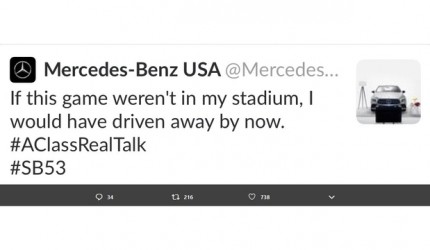
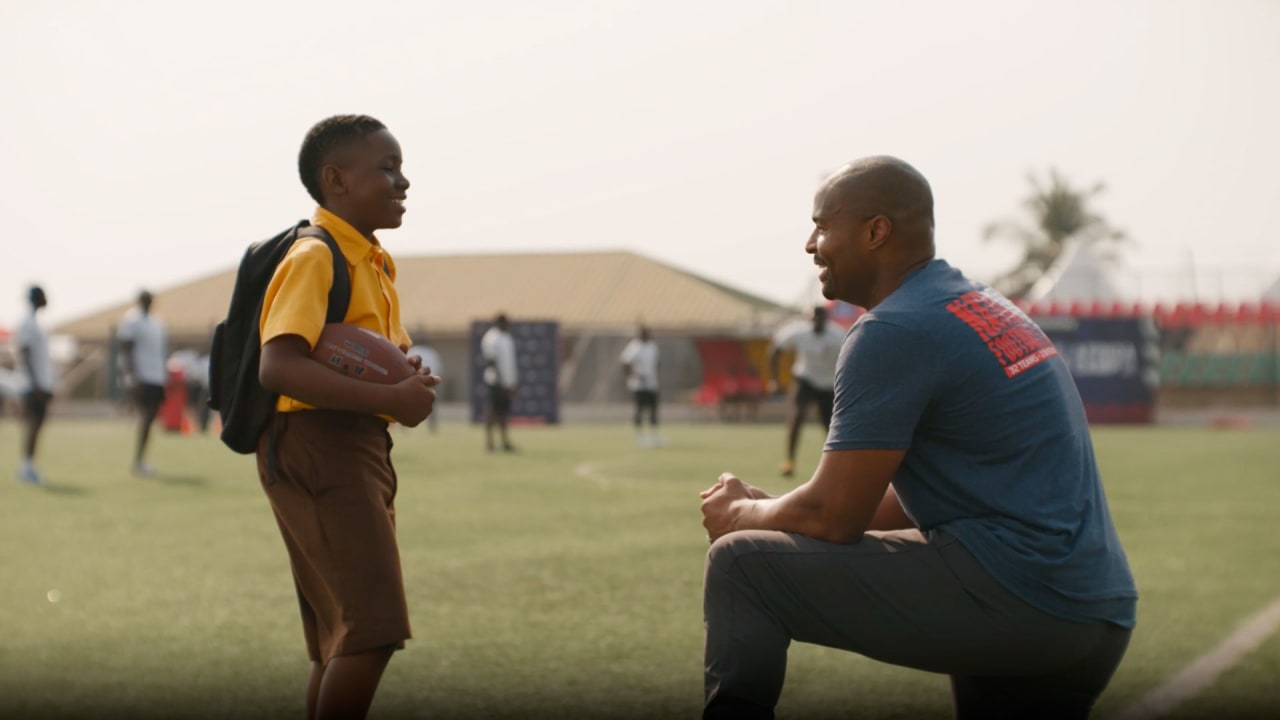

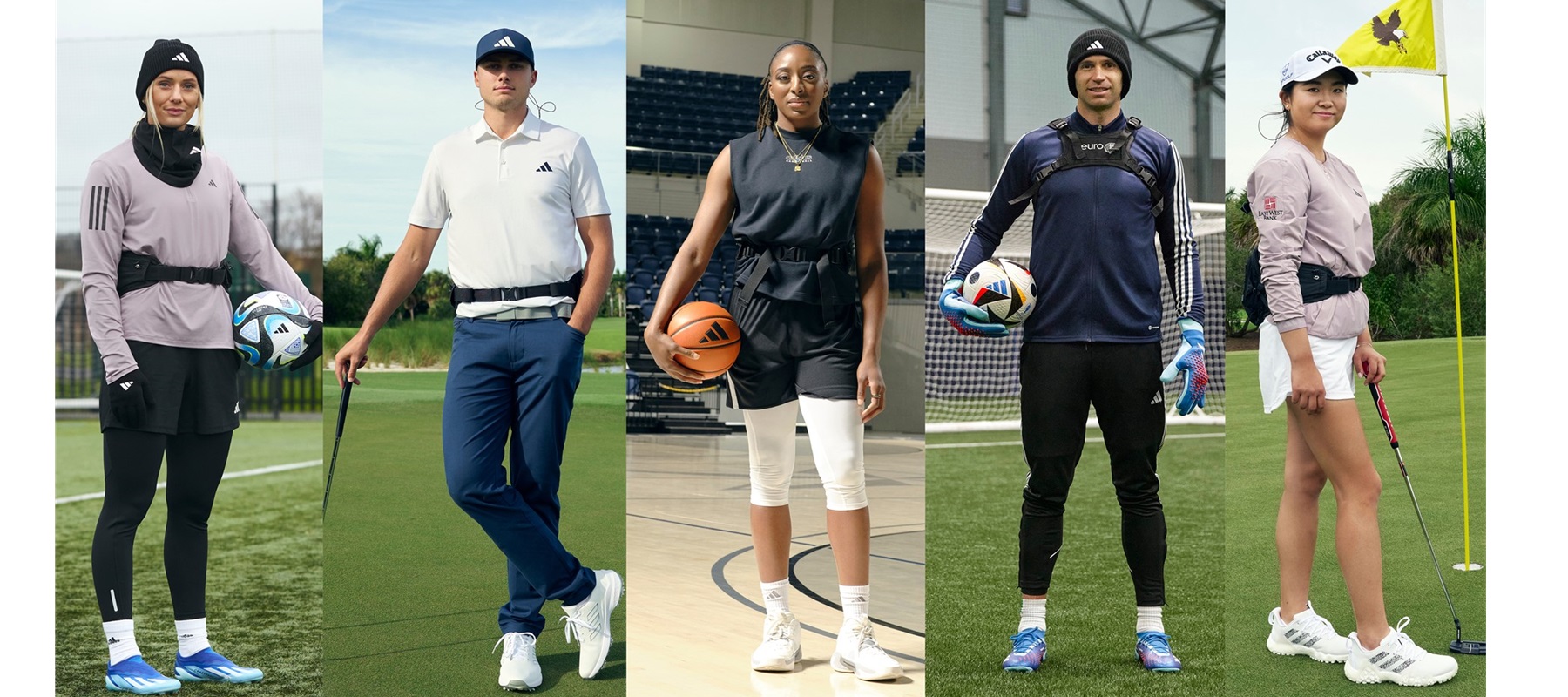
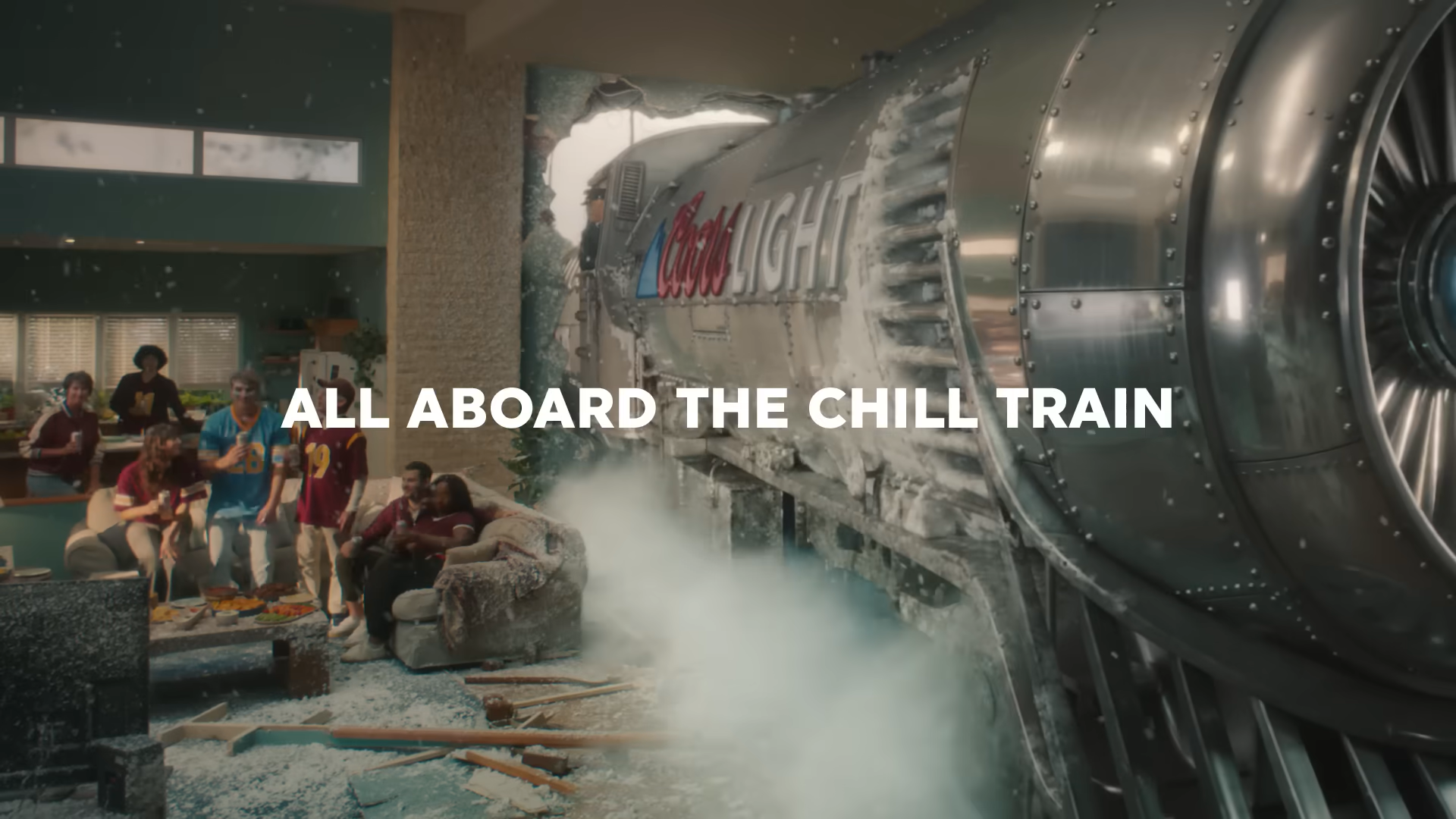
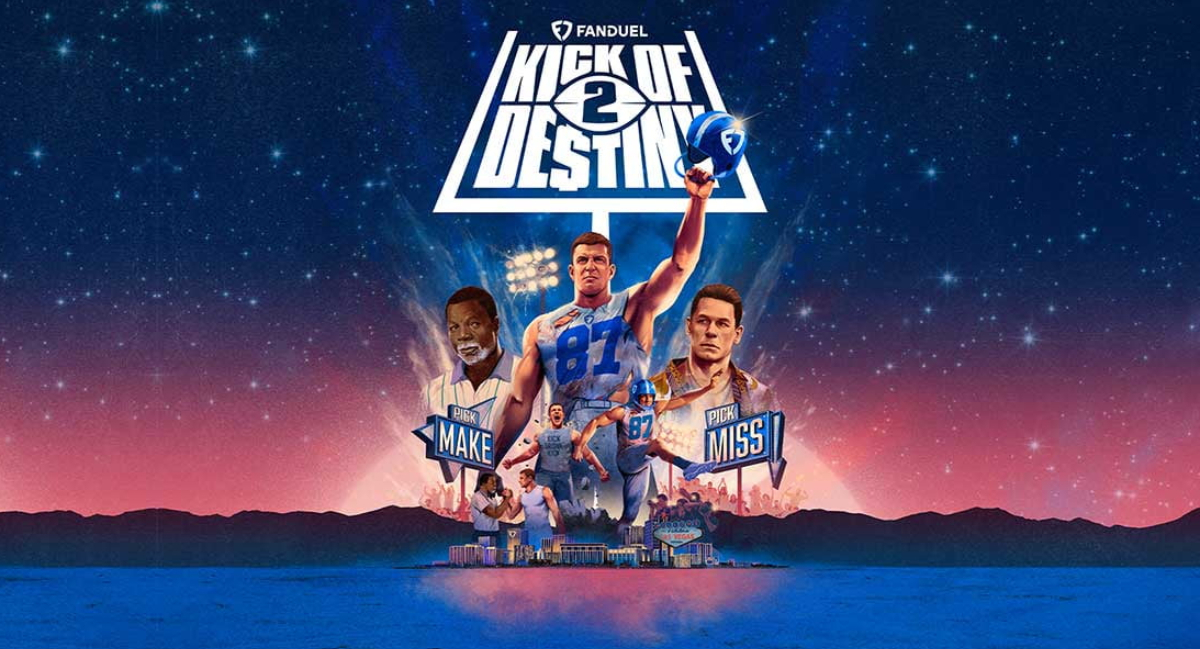
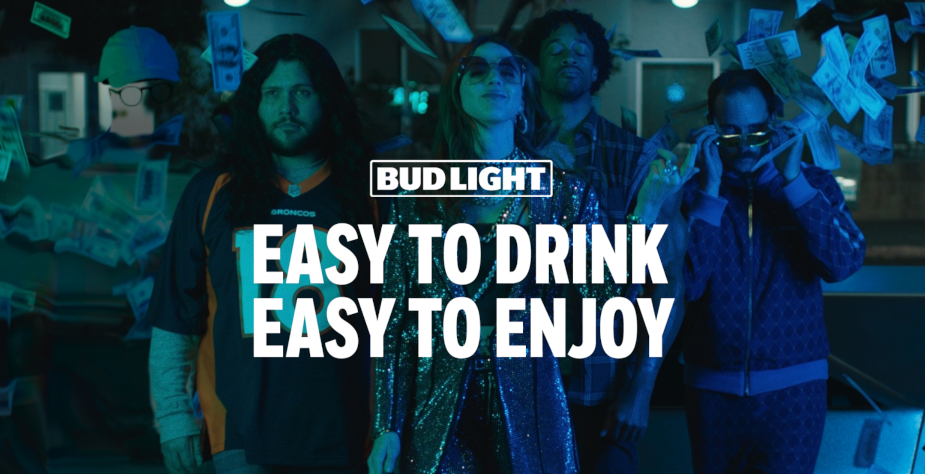
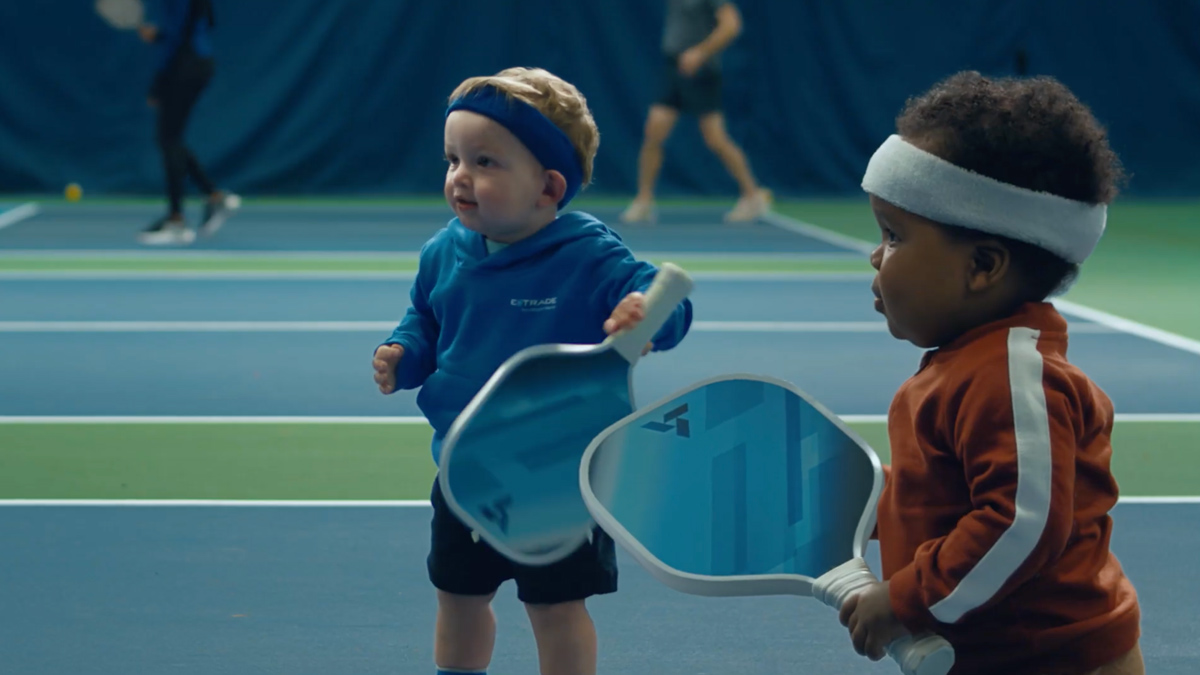


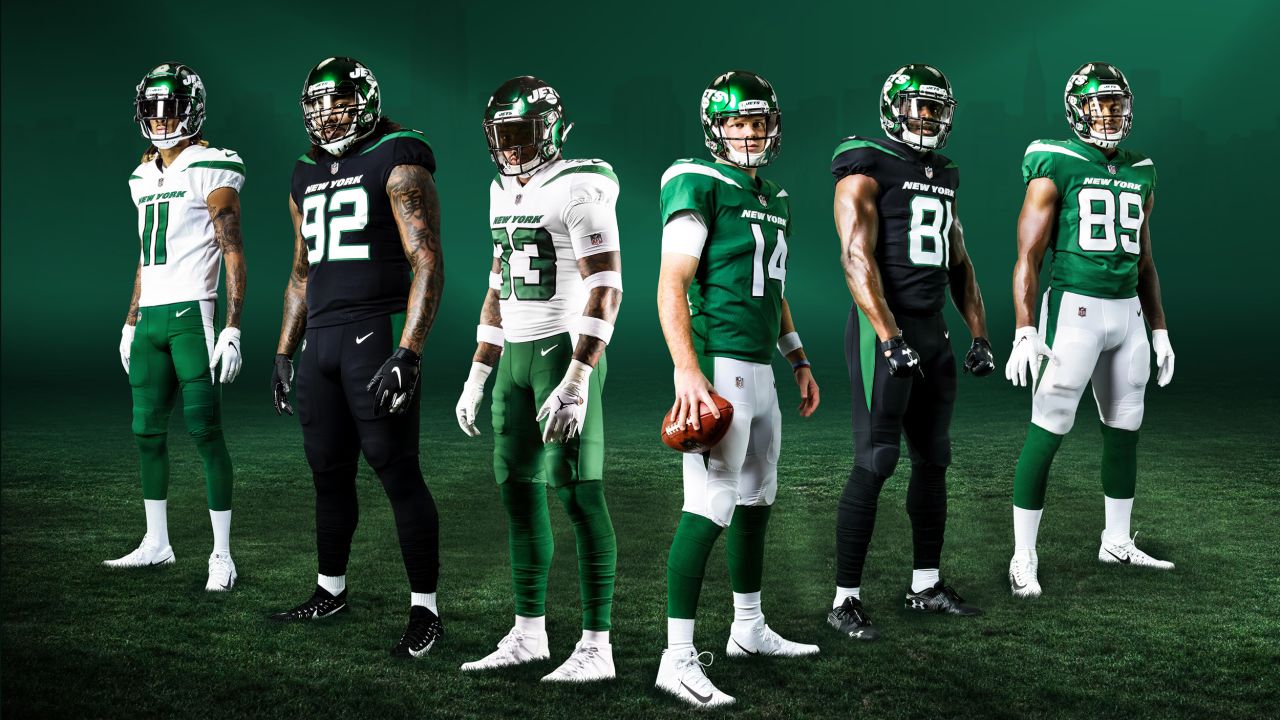
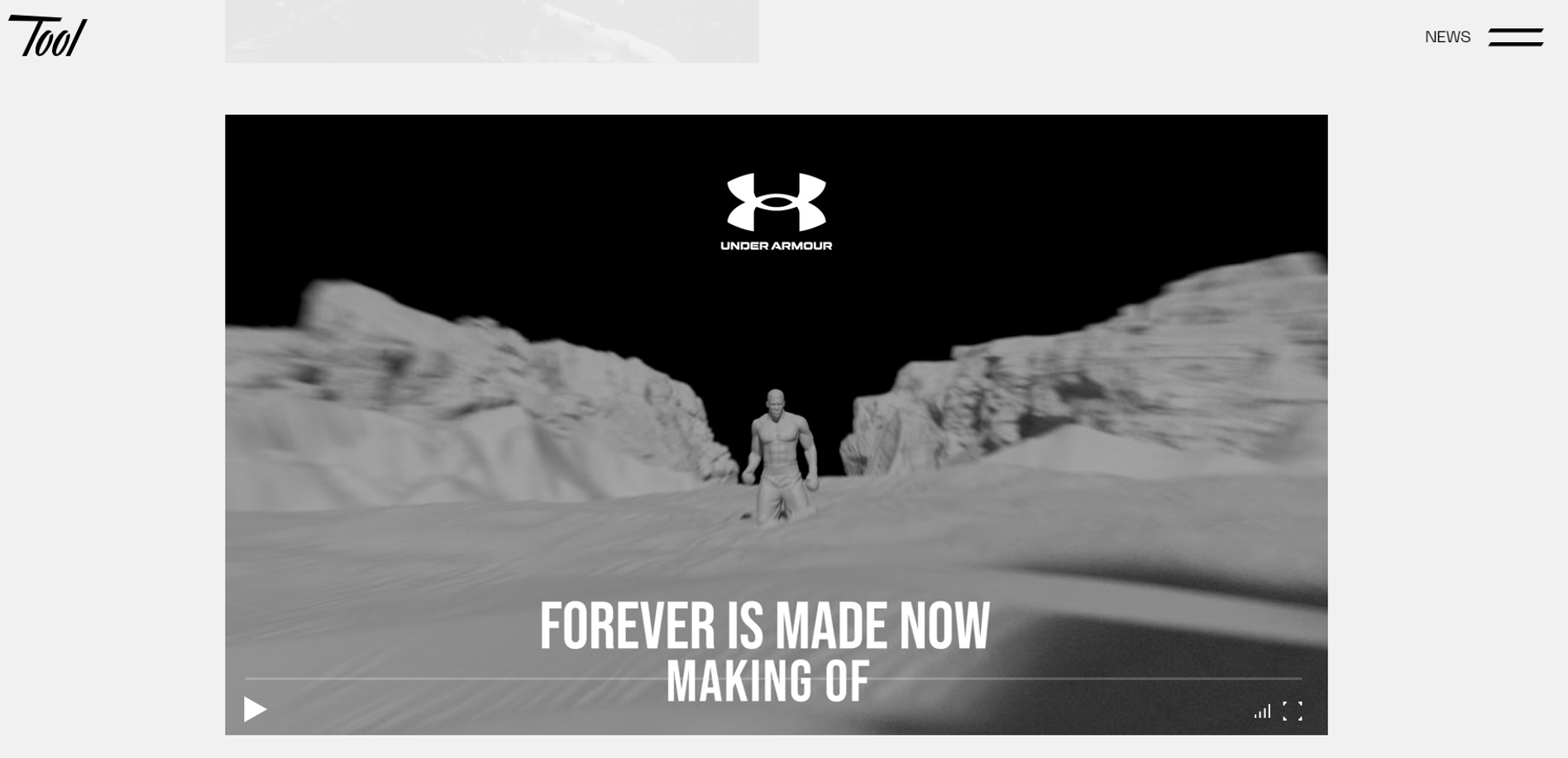
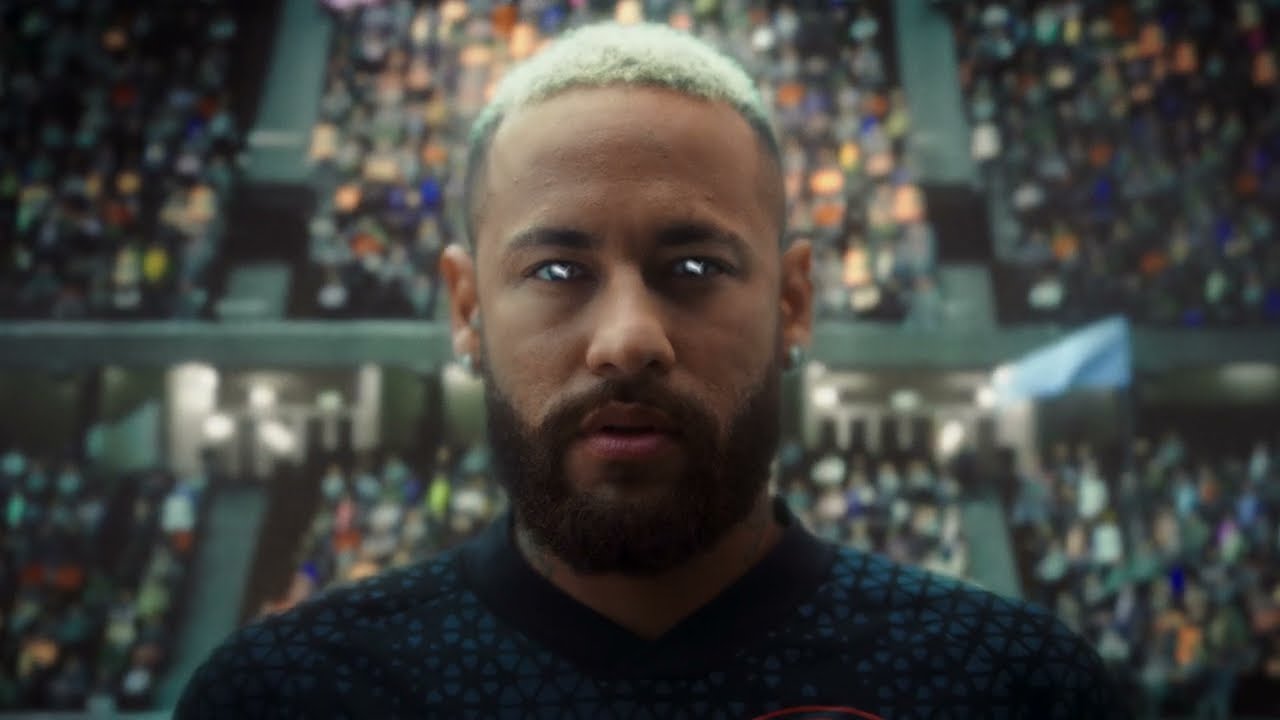
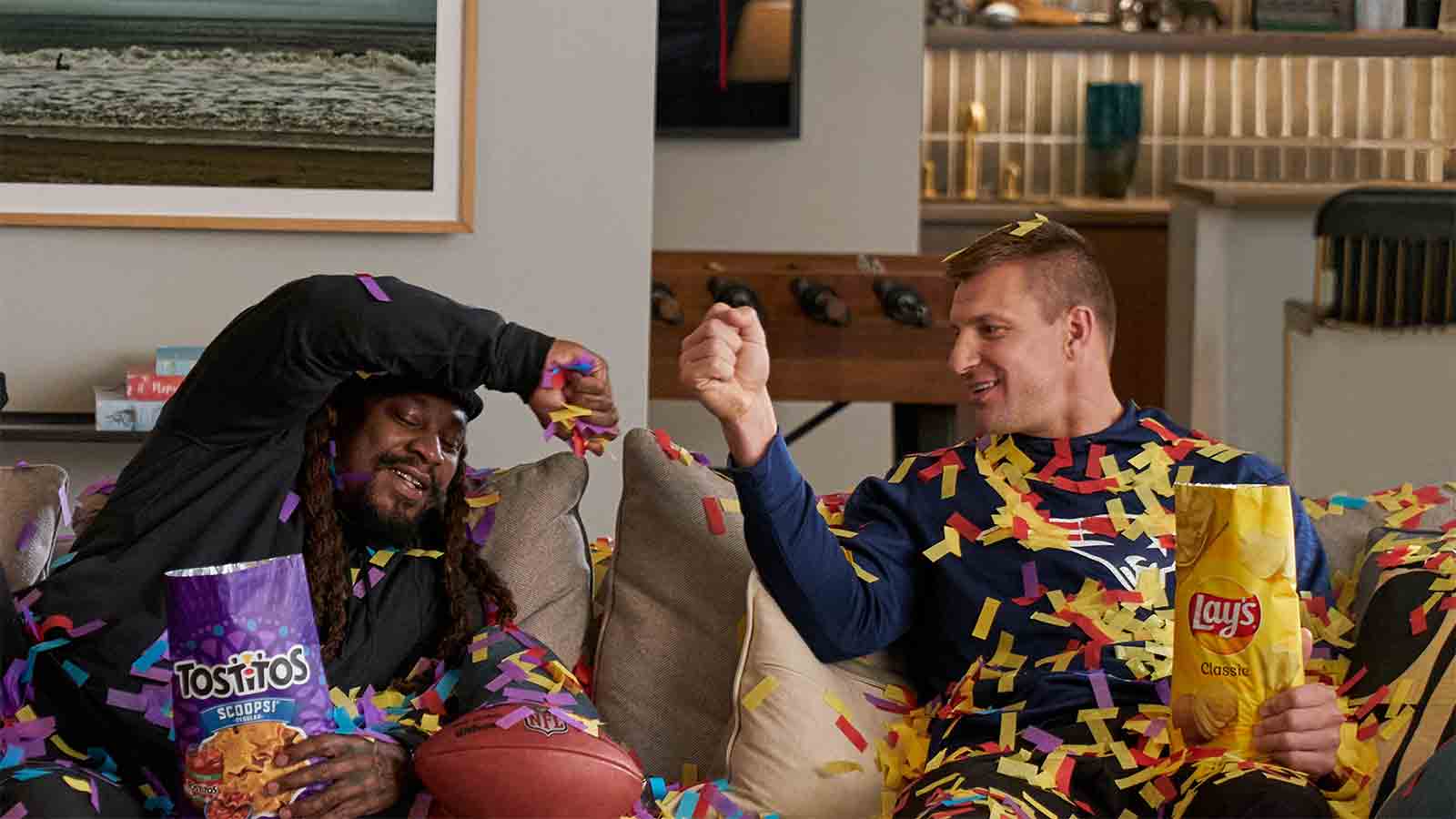
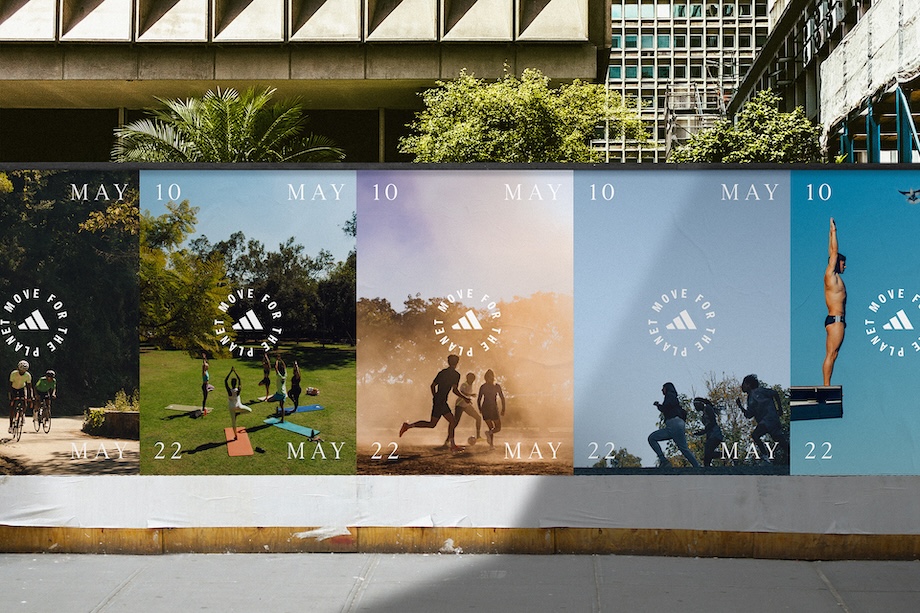
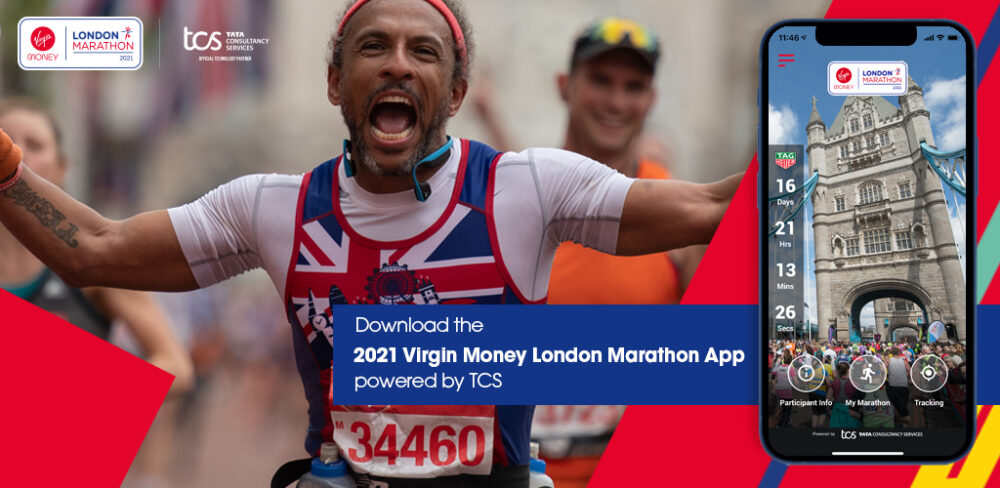
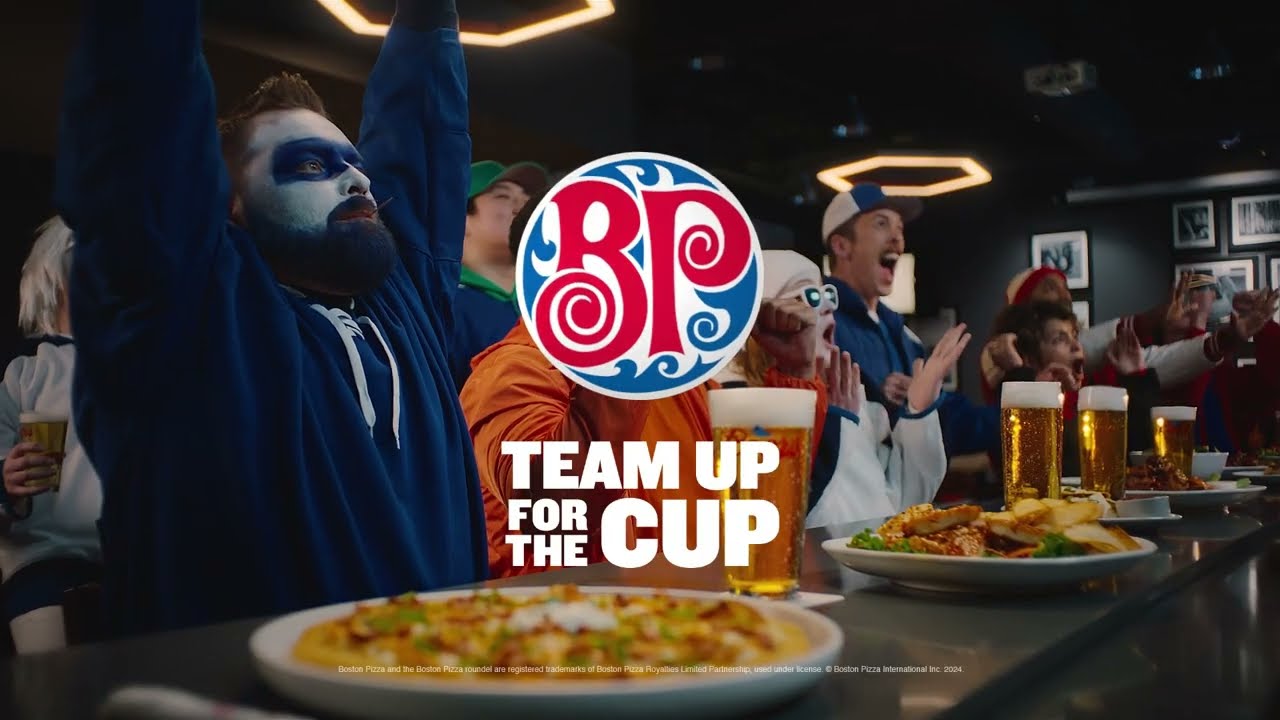
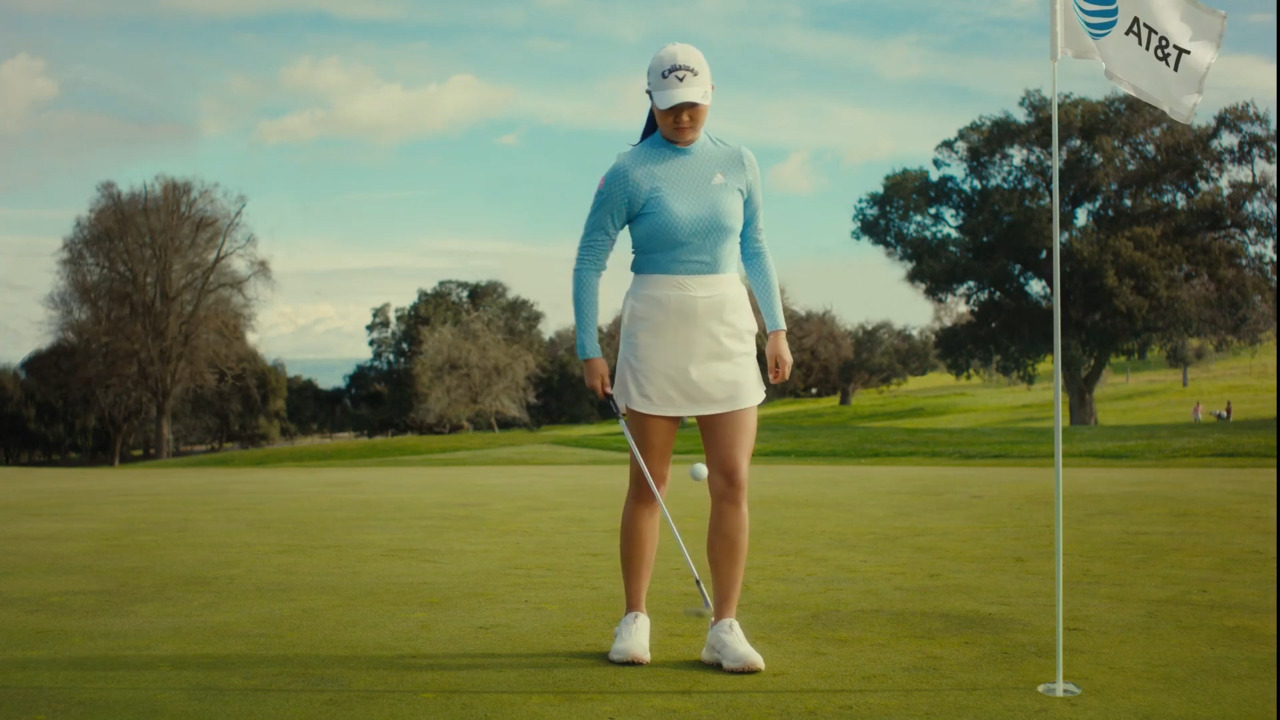
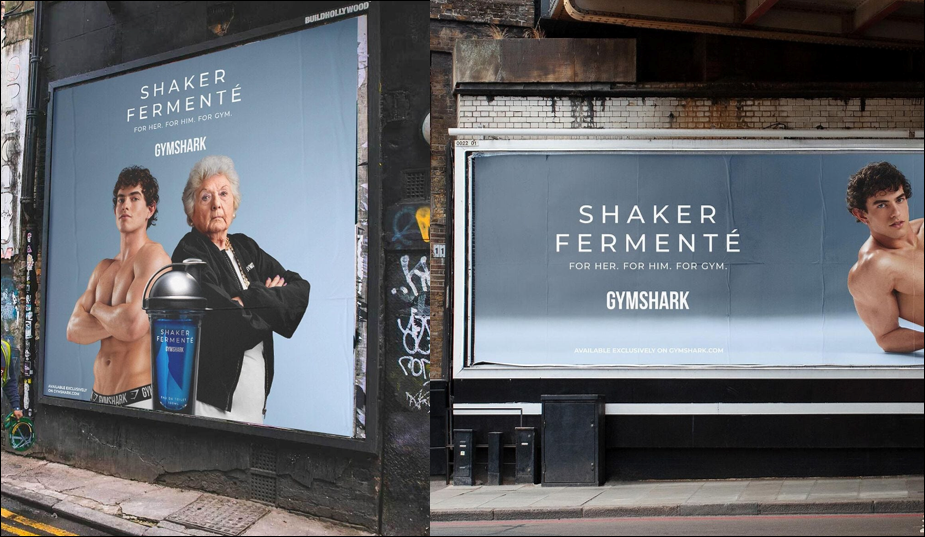
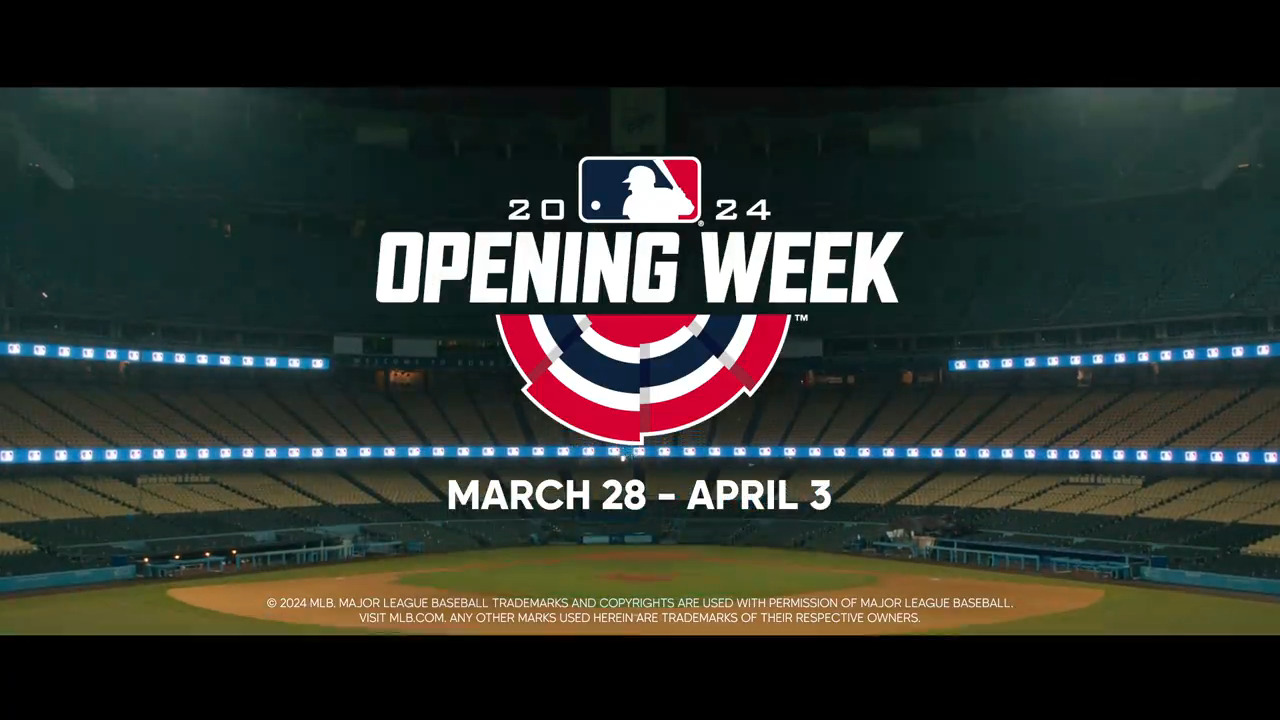
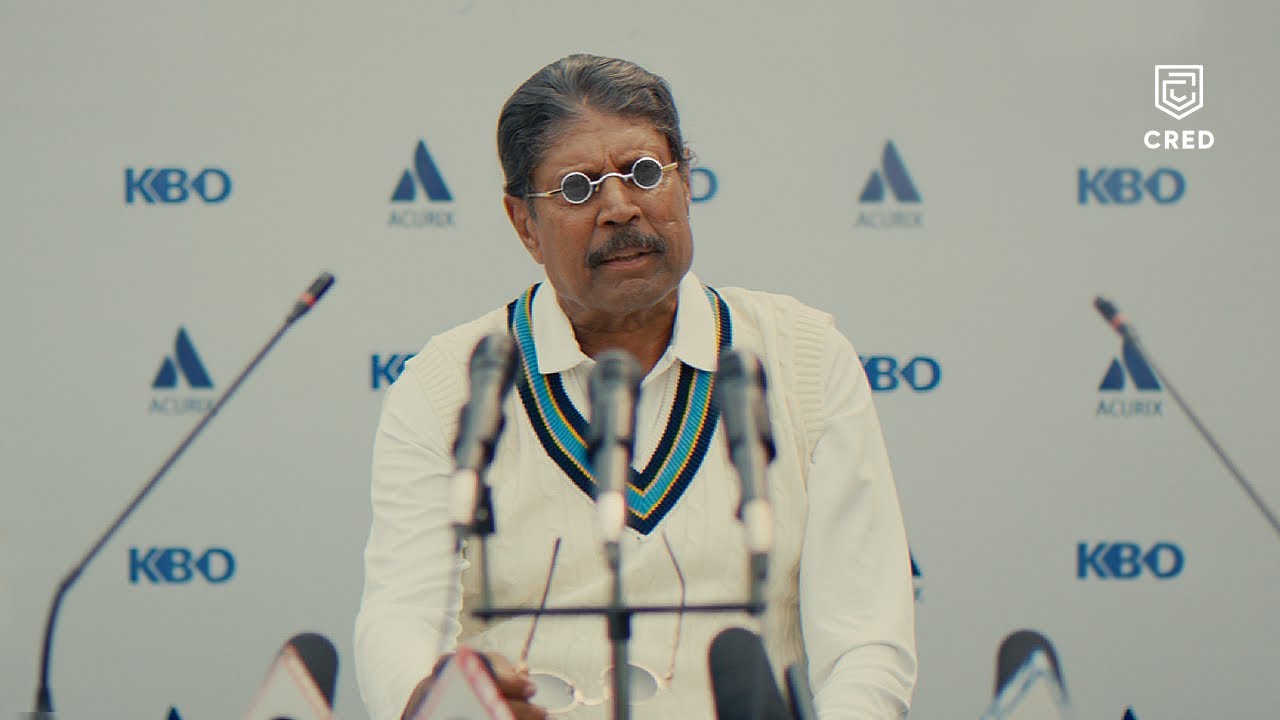
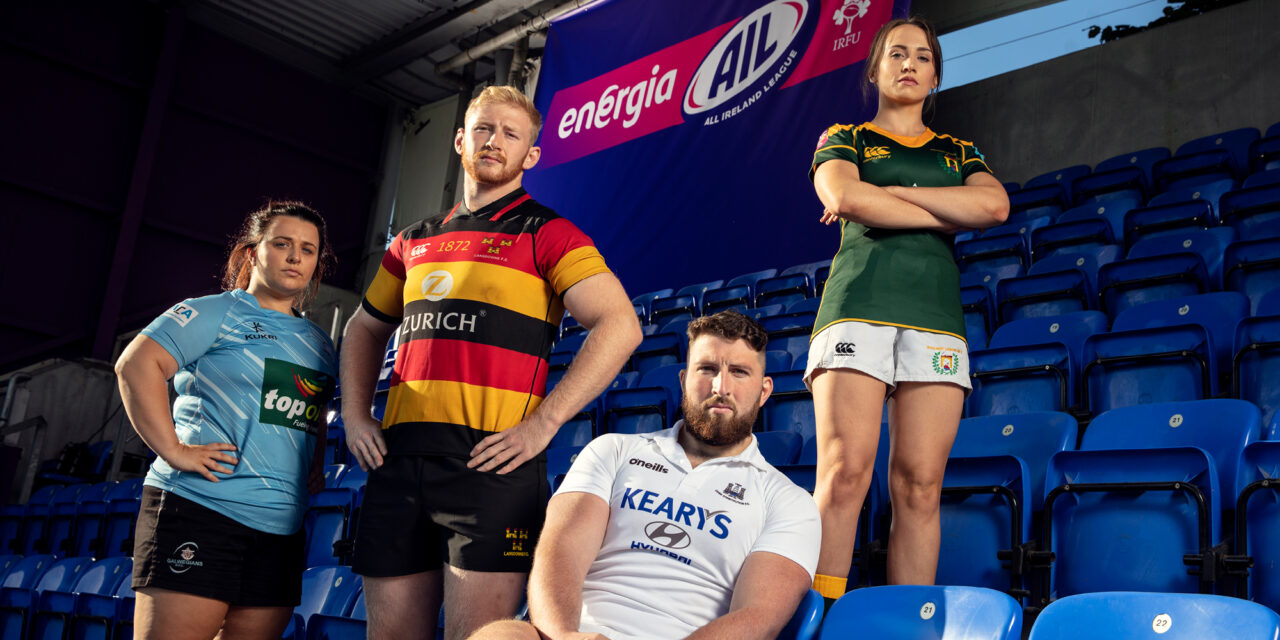
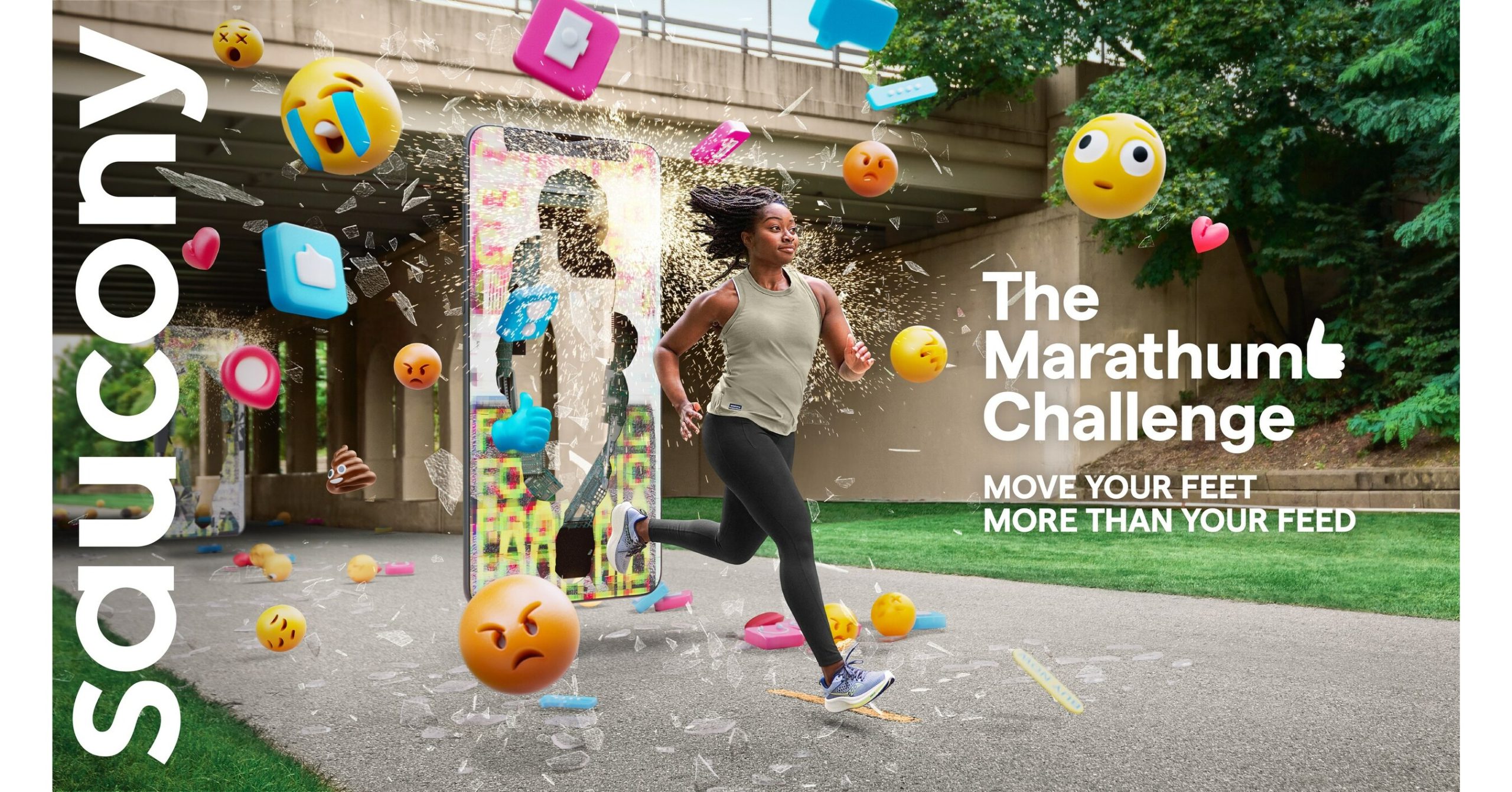

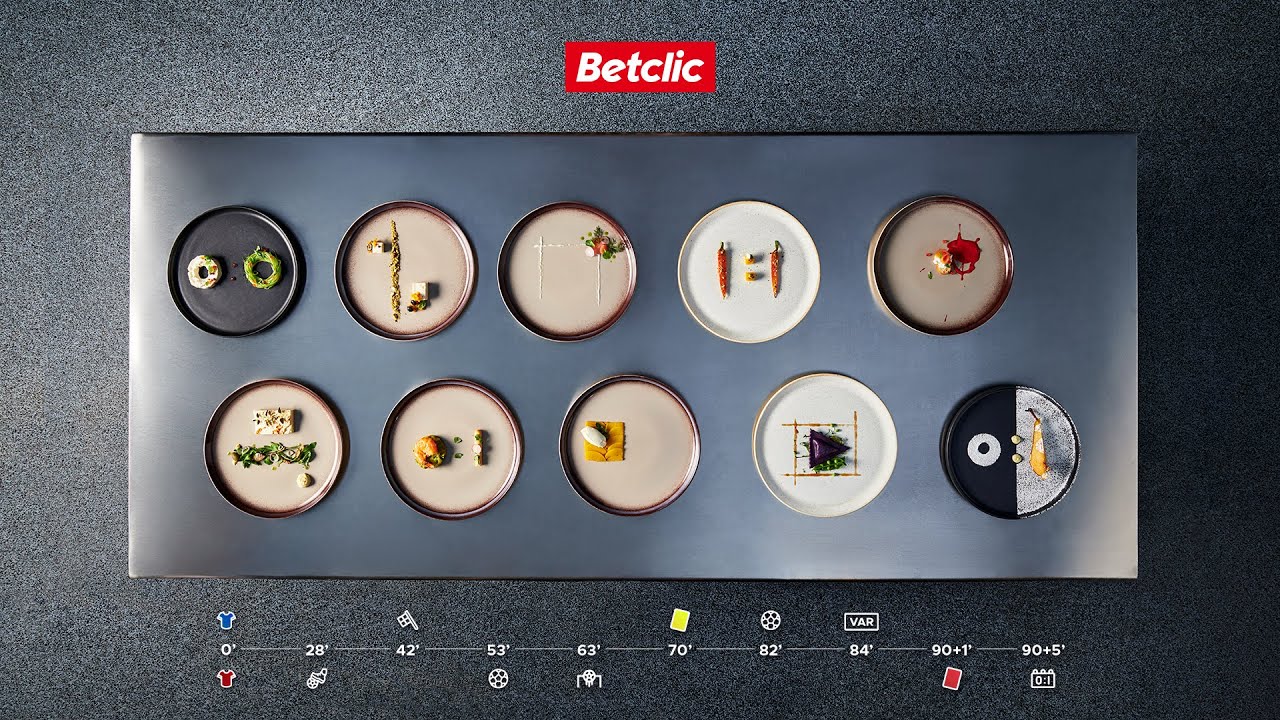









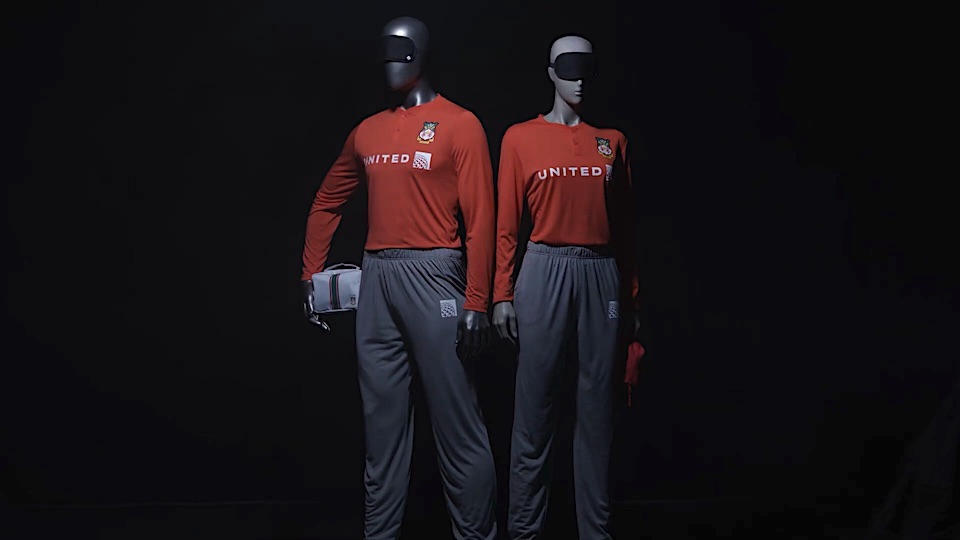


Leave a comment
You must be logged in to post a comment.